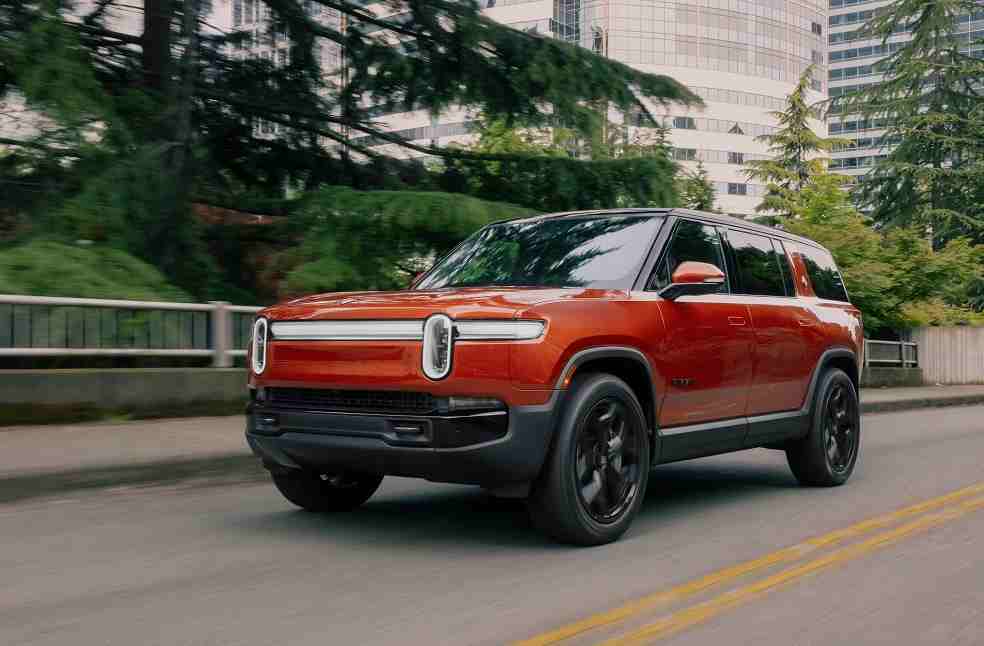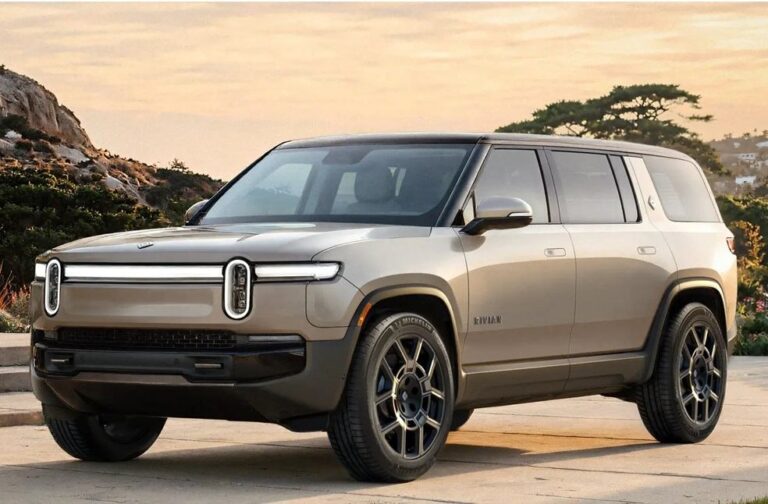Rivian has agreed to a $250 million settlement to resolve a class action lawsuit brought by shareholders following the company’s abrupt price increases on its R1 pickup truck and SUV in 2022.
The lawsuit claimed that Rivian provided inaccurate information and figures in its regulatory filings ahead of its 2021 IPO, misrepresenting the actual costs involved in producing the R1 EVs.
Although Rivian agreed to the settlement, the company stated that it “denies the allegations in the suit and maintains that this agreement to settle is not an admission of fault or wrongdoing.”
The settlement is pending approval from a judge in the U.S. District Court for the Central District of California. If approved, Rivian intends to cover $67 million of the total amount using its directors’ and officers’ liability insurance, with the remaining $183 million to be covered from its own cash reserves.
The settlement comes as Rivian prepares for the 2026 launch of its more affordable R2 SUV, which it plans to produce at scale—up to 150,000 units a year in Illinois, with a new Georgia plant also underway. Meanwhile, R1 sales have slowed, and tariffs, along with the loss of the federal EV tax credit, have added pressure. This week, Rivian laid off over 600 employees as part of a restructuring and appointed CEO RJ Scaringe as interim chief marketing officer.

Plaintiffs alleged that Rivian withheld critical information, specifically that the cost of materials to produce the R1S and R1T vehicles was significantly higher than their listed sale prices, which ultimately led the company to increase retail prices for those models.
Rivian shareholder Charles Larry Crews filed a lawsuit against the company a few days later, alleging that it had misrepresented the actual cost of producing the R1 vehicles in its IPO filings. He argued that these inaccuracies contributed to the stock’s decline following the price hike announcement. The lawsuit was granted class action status in July 2024.
Rivian began delivering its first R1 pickup trucks in late 2021. By March 2022, the company had raised prices on both the truck and SUV by almost 20%, attributing the increase to supply chain disruptions, rising inflation, and upcoming plans for more affordable models. The price adjustment affected not only new purchases but also existing preorders and customers on the waitlist.
TRENDING | JLR Cyber-Attack Drives UK Car Production to 70-Year Low





